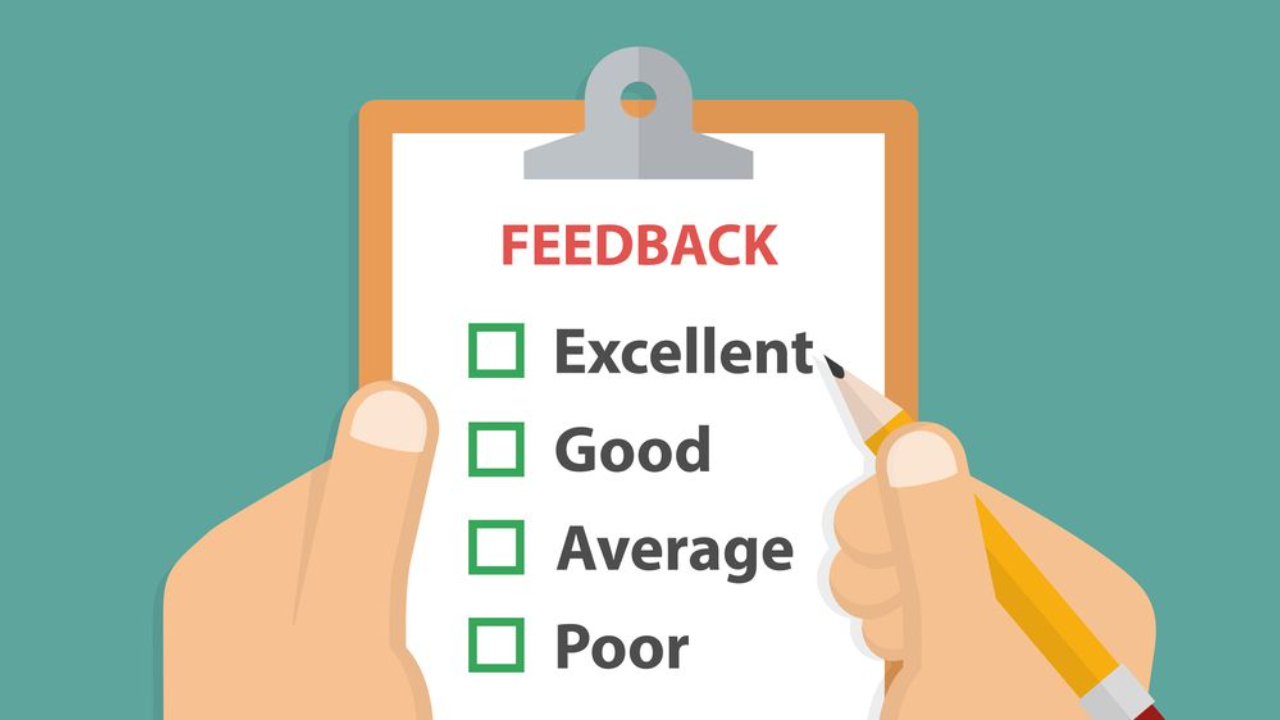Should Workplace Feedback Be Anonymous?
Feb 01, 2023
PSA: Anonymous feedback is toxic for culture.
In the year 2023, I continue to find that startups and large corporations alike prefer to run anonymous feedback processes. They’re “cleaner,” and people speak more “truthfully” under the protection of anonymity. So the thinking goes.
There are so many problems with this. To name a few:
- Anonymous feedback allows people to avoid building the muscle of having difficult and direct conversations — the most important muscle for healthy culture.
- Anonymity may surface issues that wouldn't otherwise come to light, but it cuts off the possibility of repairing them in the relational contexts within which they arise.
- When a leader receives critical feedback anonymously, they can reach false conclusions about who gave it. They may also begin to keep their guard up and regard their teammates suspiciously, increasing relational distance and decreasing trust.
- When a teammate gives critical feedback anonymously, they trust “the system” to deliver the feedback and abdicate the responsibility of delivering it themselves.
The point of feedback is to celebrate people and improve relationships. Positive feedback is about honoring your teammates’ personhood and contributions, helping them to feel seen. Critical feedback is about saying, “Hey this thing you’re doing isn’t working for me," or, "Hey, you're off course right now, and I know you can do better.” Both can powerfully strengthen relationships, but ONLY if they are delivered with relational intent, in a direct and personal way.
As a leader, you want to build a culture in which people are willing to give each other direct and candid feedback. This is one of your most difficult and most important culture challenges.
Conflict is so poorly understood in our culture. Most people are afraid of it, and that’s understandable. It is natural for people to be nervous giving critical feedback. 10x so if the person you’re giving it to can fire you if they react poorly. But trust is BUILT by working through conflict — and not just idealogical conflict. The deepest trust bonds form when teammates surface and resolve relational conflict. After such conflict, colleagues know that their relationship can withstand ups and downs. You do not have to be best friends with your colleagues. But have enough respect for yourself, and for them, to deliver feedback to them directly.
It is existential to your business that (1) teammates feel comfortable giving respectful, critical feedback to each other and to leaders, and (2) teammates and leaders receive feedback gracefully, especially when they don’t want to hear it. If you are the leader, it’s on you to start this process by demonstrating that you are willing to receive direct and candid feedback first, and that you value people giving it to you.
It’s beyond the scope of this article to lay out a structure for how to train healthy feedback practices at work. But, it’s worth saying that it deserves a dedicated training module in onboarding, and regular follow ups, ideally with role plays and demonstrations with nontrivial emotional stakes by skilled colleagues. The training should (1) equip people with frameworks and language for giving and receiving feedback, (2) normalize giving and receiving feedback, (3) praise the courage and humility of opting into this kind of culture, and (4) paint the vision of what kind of healthy relationships are possible by committing to surface and work through relational tensions. If you are just rolling this out to your team, then everyone on the team needs to take the training module, with the leader going first.
Yes, this is a time investment. Yes, it is worth it in the long run. Yes, it will make your team more productive and better at achieving results.
A final punchline:
The culture you build at your company has a bigger impact on each of your employees than your product will have on any of your customers.
I challenge you to create a culture that makes a massive positive impact on your people, including equipping them with skills to have healthy, trusting relationships in any context.
In a perfect world, people would already have learned these relational skills at school. We do not live in that world (yet). To reap the business benefits of a team with high relational competence, you must train it yourself.
Subscribe for my [very occasional] updates
For more frequent updates from me, subscribe to The Enneagram School.

